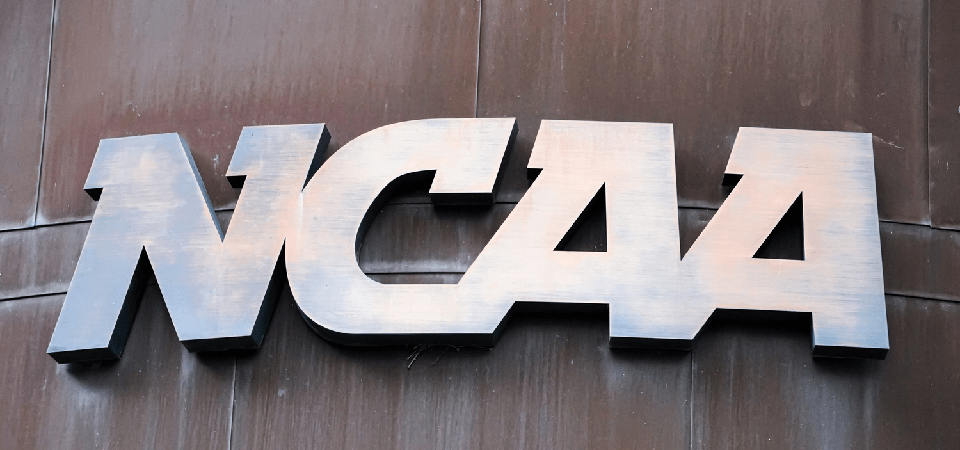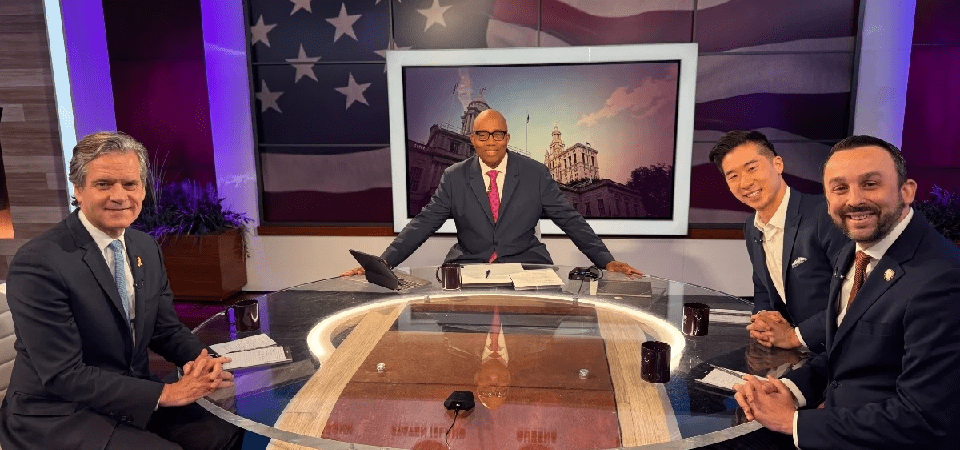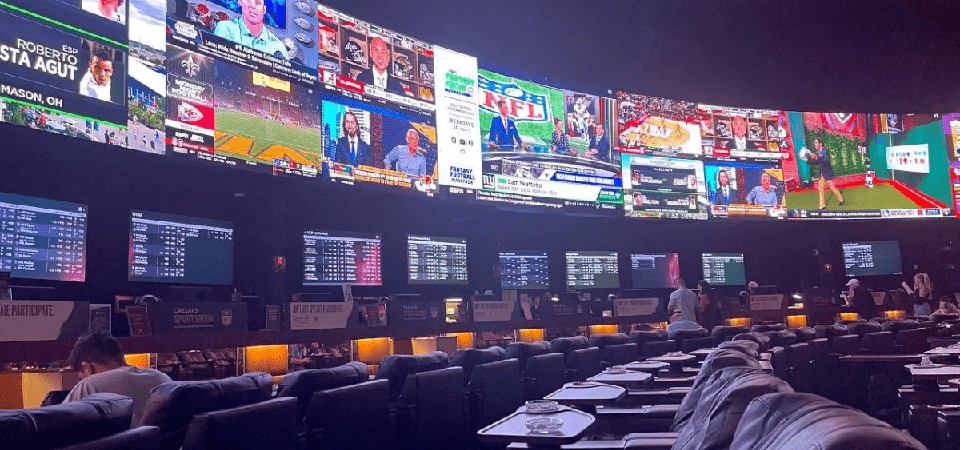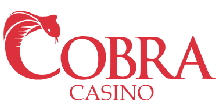
NCAA Could Soon Lift Prohibition on Professional Sports Betting
With the growth of legal sports betting in the US since the 2018 Supreme Court decision regarding the Professional and Amateur Sports Protection Act (PASPA), the NCAA has banned athletes, coaches, and staff from wagering on professional sports, although this policy may soon be revised.
Last month, the Division I Board of Directors voted 21-1 to move a potential rule change forward to the D-I Council for additional discussion. According to unnamed sources familiar with the situation, Sports Illustrated has stated there is growing support for permitting individuals with direct connections to the NCAA to bet on professional sports, and clarity on this issue may come as early as next month.
"(The board) directed the NCAA staff to develop concepts for the appropriate committees to consider regarding a safe harbor, limited immunity or reduced penalties for student-athletes who engage in sports wagering but seek help for problem gambling,” according to the board by way of Sports Illustrated.
If the D-1 Council votes to lift the pro sports wagering ban, the existing ban on college sports betting would remain unchanged.
NCAA's Pro Sports Betting Ban Considered Outdated
Despite the good intentions behind the NCAA’s ban on athletes, coaches, and staff betting on professional sports, it is equally, if not more, arbitrary and excessive for one straightforward reason: the prohibition extends to any professional sport that is also offered at the collegiate level.
This implies that coaches, personnel, and student-athletes are prohibited from betting on the NBA, NFL, NHL, and Major League Baseball (MLB). Wagering is also prohibited on the WNBA, professional golf, and tennis, as the NCAA supports the college versions of these sports. In professional sports, NCAA athletes, coaches, and staff are allowed to bet on combat sports and motorsports, but that's about it.
The Division III Management Council has looked into permitting its athletes and staff to wager on professional sports, suggesting there is backing at that level for a related structure.
“Exploring the concept of a safe harbor or limited immunity for student-athletes involved with sports betting reaffirms that harm reduction and education will continue to be paramount. We are seeking to deregulate betting on professional sports because we believe it will be more likely that student-athletes and staff will seek help for problem gambling,” said Jason Verdugo, chair of the council and athletics director at Wisconsin-Eau Claire, in an April statement.
NCAA Must Concentrate on College Wagering
So far, the NCAA has identified only minor infractions related to pro sports betting, typically leading to light penalties.
On the other hand, almost all of the sports betting scandals that became significant controversies involved betting on college games, which holds true for both the pre- and post-PAPSA periods. Recent incidents involve Iowa State athletes facing felony identity theft charges for placing bets while underage, and former University of Alabama baseball coach Brad Bohannon being fired after it became known that he disclosed player availability information to contacts before it was made public.
The NCAA has adopted a strict stance on serious betting violations, urging states to prohibit player propositions on college athletes to enhance athlete safety and strengthen integrity.











